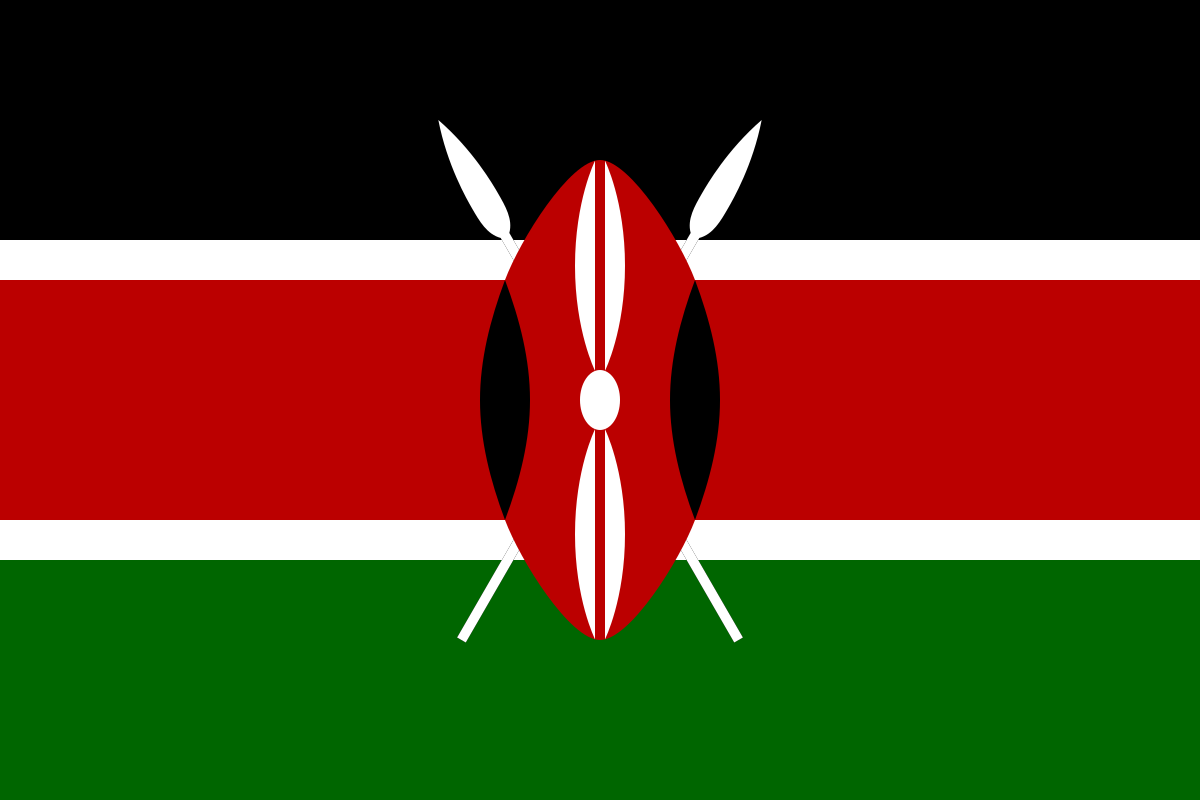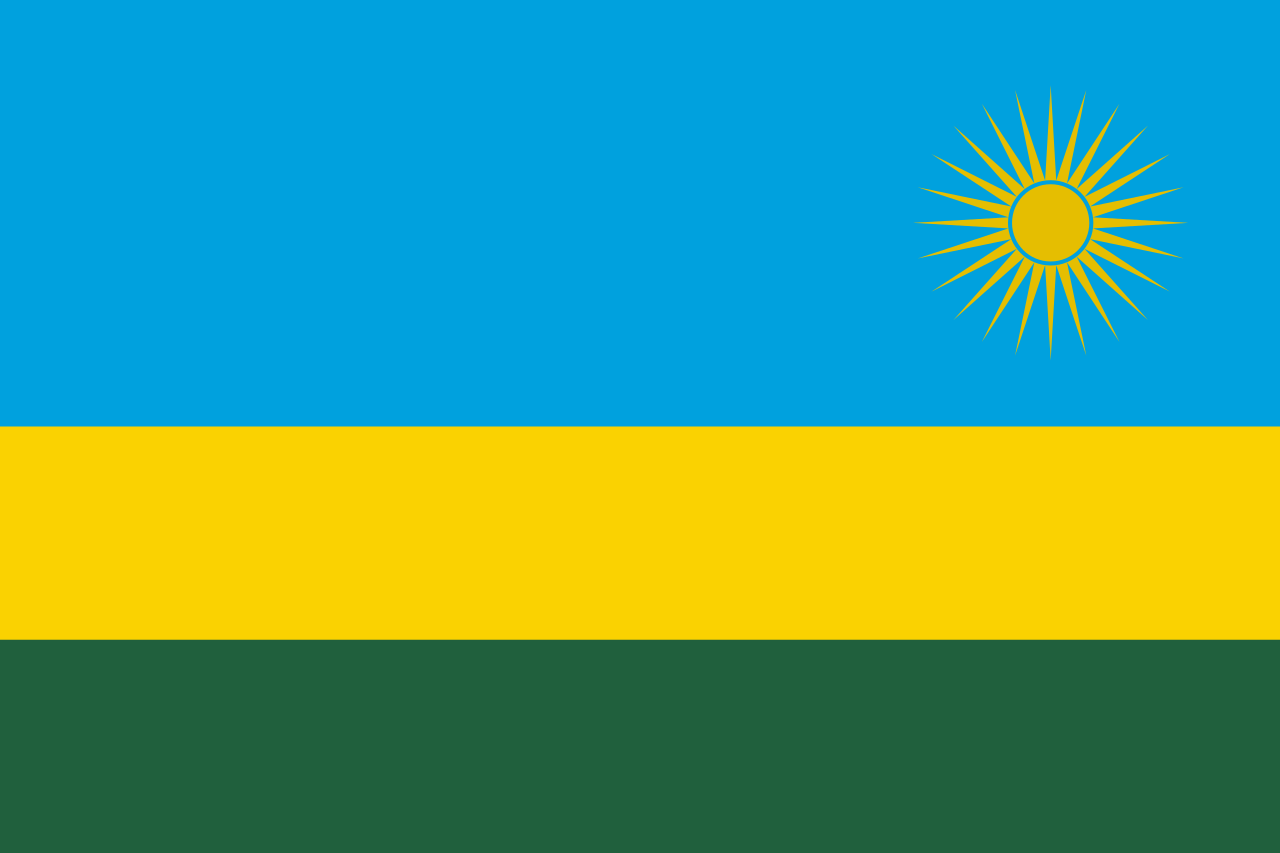When the alarm was raised more than three years ago in Kenya, the warning was dire.
The country’s auditor general, who inspects the financial books of state entities, said Kenya could be made to surrender control of its port in Mombasa if it defaulted on a US$3.6 billion loan from China used to build the Mombasa-Nairobi Standard Gauge Railway (SGR).
The warning came as speculation mounted that China had deliberately indebted Sri Lanka to seize its Hambantota port.
The Chinese and Kenyan governments both denied that Mombasa port was collateral for the loan but offered no explanation, leaving the exact terms of the contract shrouded in secrecy.
But a report released on Thursday by the China Africa Research Initiative (CARI) at the Johns Hopkins University School of Advanced International Studies said the auditor general was wrong to conclude that the port had been used as collateral for the railway loans.
The warning was based on a misunderstanding of the “waiver of sovereign immunity” clause, a term that can also be found in other infrastructure contracts on the continent, according to the report.
Kenya borrowed US$3.6 billion from the Export-Import Bank of China to build the railway from the coastal port city of Mombasa to the capital Nairobi. It then borrowed another US$1.5 billion from the same bank to extend the railway to Naivasha, a town in Central Rift Valley.
In a leaked letter in late 2018, the Kenyan auditor general said the Mombasa port was the Kenya Ports Authority’s most valuable asset and was at risk of being taken over by China Eximbank if Kenya defaulted on the SGR loans.
The auditor general said that if the rail’s freight operations failed to generate enough money to pay off the loans, the revenue from the port could be assigned to directly service Kenya’s debt owed to the bank. Further, the port authority was required to feed sufficient cargo into the rail to ensure its profitability and maintain minimum volumes required, the auditor general said.
However, the authors of a new report – “How Africa Borrows from China, and Why Mombasa Port is Not Collateral for Kenya’s Standard Gauge Railway” – said China Eximbank never sought to seize the port.
“The port is not used as collateral for the loans. The Kenya Ports Authority was never a borrower, contrary to assertions by the auditor general,” said Deborah Brautigam, one of the lead authors of the paper.
Brautigam, a professor of international political economy at Johns Hopkins University, said the auditor general wrongly labelled the KPA, owner of the Mombasa port, as a “borrower” responsible for repaying the China Eximbank SGR loans.
The study said the port’s only role was to help the KPA to ensure that a set level of cargo would be transported between Mombasa and Nairobi. If cargo levels dropped below that level, the KPA agreed to draw on its own revenues to make up the difference. Repayment of the SGR loan would largely come from Kenya’s Railway Development Levy, a tax on all imports into the country.
“Instead of serving as collateral or security for the loans, the profitable Mombasa port was linked into the SGR project as its major customer.”
The auditor general had also raised concerns about the waiver of sovereign immunity clause in the loan contracts.
Brautigam said the auditor general misunderstood how a waiver of sovereign immunity, a standard feature of international commercial project finance, worked.
The auditor general had charged that Kenya’s government had “waived immunity” on the KPA’s assets and “expressly guaranteed” that they could be used to repay the Chinese loan, the CARI study said.
But the sovereign immunity waiver was a necessary dispute resolution feature of all international sovereign commercial lending, including sovereign bond contracts, allowing contract disputes to be resolved in an international venue, it said. It did not imply that a borrower had offered its territory, airport, or other assets as collateral, Brautigam said.
The authors said the much-cited Sri Lankan port case was, for example, far from being an asset seizure.
Hambantota port was built by China Harbour Engineering Company, through financing of US$307 million in the first phase of the project and another US$141 million both from the China Eximbank.
But in 2017, Sri Lanka fell behind in servicing its debts due to a financial crunch, forcing the South Asian country to privatise 70 per cent of the port to a Chinese company.
Sri Lanka leased the underperforming port to China Merchants Port Holdings. This made the Chinese company the majority shareholder in a 99-year lease that helped Colombo raise US$1.12 billion, which was used to strengthen the country’s foreign exchange reserves.
The report said Hambantota port had struggled under Sri Lankan management and was losing money, leasing the port to a foreign joint venture was in line with the original plans for the facility, plans devised by Canadian and Danish consulting firms.
“Yet the myth remains persistent. It forms the basis for concerns about Chinese intentions regarding ports and other strategic assets around the world,” the report said.
However, the researchers admitted that transparency was a significant failure in the Mombasa port case, with blame on both the Chinese lender and the Kenyan borrower side. The contracts have not been made public.
The Mombasa case is not isolated. From Nigeria to Zambia, and from Uganda to Sri Lanka, reports have in the recent past spread that governments had pledged strategic assets like land or ports in exchange for Chinese finance that can be “seized” on default.
CARI said these rumours continue to swirl around other large Belt and Road Initiative projects in Zambia (Kenneth Kaunda International Airport and Zambia National Broadcasting Corporation), Uganda (Entebbe International Airport), and Montenegro (Bar Boljare Highway).
In Uganda, a US$200 million loan contract between China Eximbank and the government of Uganda to upgrade and expand the Entebbe International Airport had become a source of international controversy, prompting speculation about whether China was engaging in “debt-trap diplomacy”.
A February study by AidData, a research lab at the College of William and Mary in Virginia, said in its analysis that the terms and conditions in the Uganda contract did not support the allegation that China engaged in predatory lending.
“The contract reveals that Entebbe airport itself – a physical, illiquid asset – is not a source of collateral that the lender can seize in the event of default. Instead, China Eximbank required its borrower, the government of Uganda, to provide a fully liquid source of collateral: a cash deposit in an escrow account that the lender can unilaterally seize in the event the borrower defaults on its repayment obligations,” AidData said.
The Chinese embassy in Uganda also rejected reports that Beijing could or would take over the airport in event of default. “Not a single project in Africa has ever been confiscated by China because of failing to pay Chinese loans.” - Jevans Nyabiage, South China Morning Post








